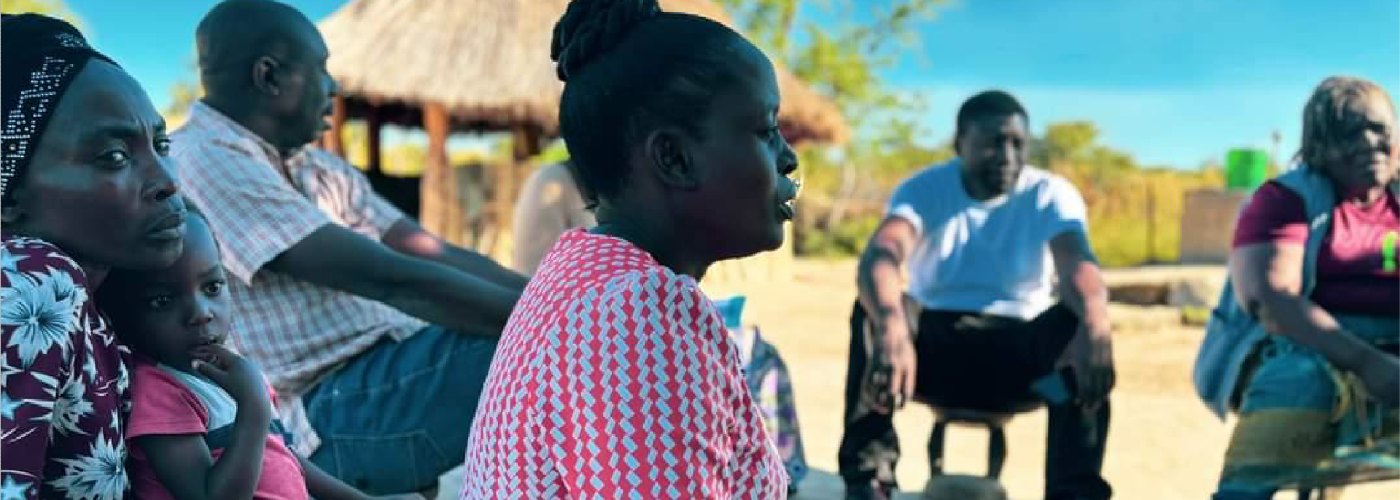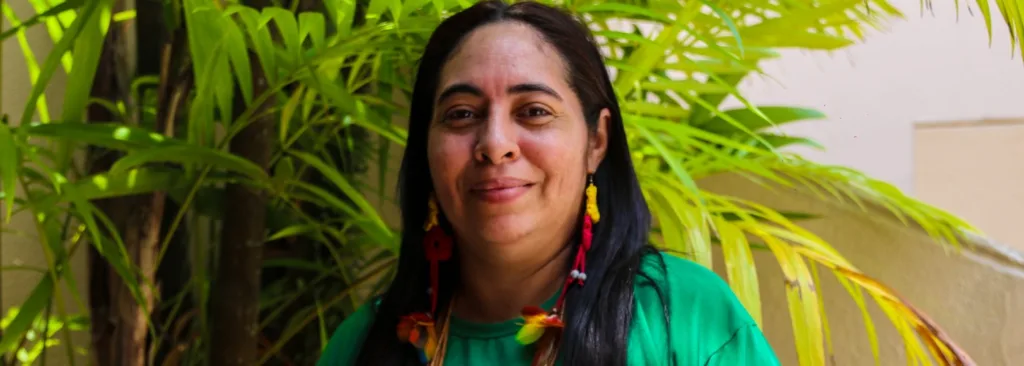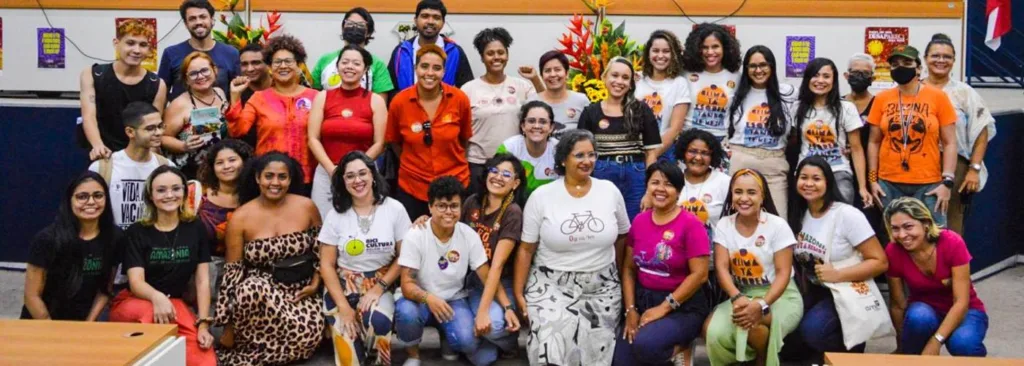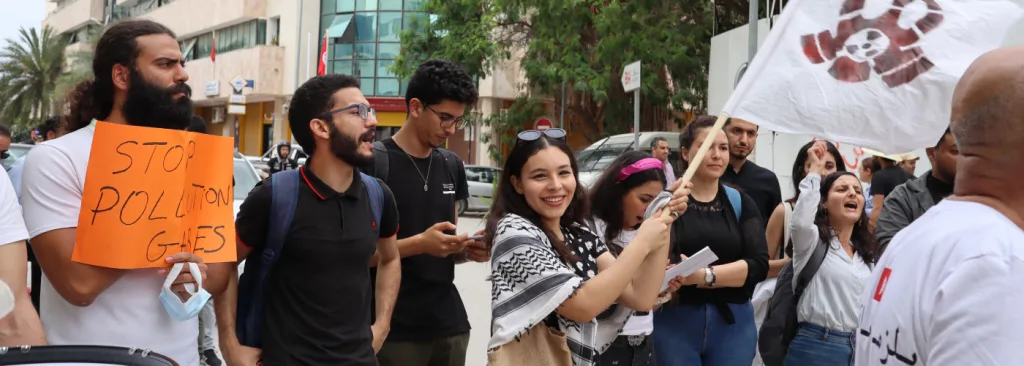Agriculture and fishing form the backbone of the Lukanga community’s livelihood in Zambia’s Central Province. The area is important for its wetlands and forests, which used to both feed and provide an income for the inhabitants.
However, a recent visit by our Voices for Just Climate Action (VCA) team to Waya Ward in Lukanga confirmed how drought has impacted these resources, leaving many households without enough food or income to support their families.
A devastating drought
The VCA team saw for themselves the true state of devastation brought about by drought in the region, described by The UN’s Office for the Coordination of Humanitarian Affairs (OCHA) as the worst drought in over 40 years.
Lukanga’s swamp used to temper the impact of climate change by absorbing excess rainwater during floods and providing water during droughts. However, the loss of this healthy ecosystem that served as a climate change defense system has led to a constant fluctuation between floods and drought in the area.
Harsh experiences
During the visit, one resident – Mr. Malawo – testified how he had lost out on all his agricultural investments. He had planted 21 bags of maize but was left dumbfounded when the untimely end of the rainy season ruined his harvest. “I was very hopeful that the rains would come, but unfortunately, the season ended without relief,” he said.
Mr. Malawo also expressed his frustration at not being able to use any kind of fertilizer since the soil had become too dry for crops to grow.
His experience shows the harsh reality of how climate change completely disrupts agricultural production, which not only threatens food security, but also increases the poverty level of affected communities.
Strategies for community climate resilience in Zambia
To strengthen Lukanga’s climate resilience, the VCA team worked with community leaders to formulate both local climate action plans and simple household measures for reducing the impacts of climate change.
Some of the strategies included:
- Close cooperation between technocrats and community members to ensure that climate projects and solutions address real issues that communities are facing.
- Intensifying climate-smart agricultural practices like conservation agriculture, agroforestry, and water harvesting techniques that VCA partners use to enhance resilience to drought.
- Diversifying livelihoods beyond agriculture and fishing, including activities like village savings groups, small-scale businesses, livestock rearing, and non-farm employment opportunities.
- Community-based adaptation initiatives, including seed banks, climate-resilient infrastructure, and training on climate risk management and disaster preparedness.
- Advocating for policies and investments that prioritize climate adaptation and mitigation efforts at local, national, and global levels, including leveraging funding opportunities like the Constituency Development Fund (CDF) for climate resilience community projects.
Sharing knowledge for the future
VCA will continue working with the Lukanga community, empowering residents through collaborative knowledge sharing and developing ways to manage the above-mentioned smaller projects. Government support will be crucial in establishing longer lasting change for this important area.
Another member of the community – Mrs Muwowo – told us how encouraged she felt by the VCA team’s visit, which has helped them speak out on issues affecting the community.
“Through this partnership with the VCA project, we are now able to raise our voices as a community and speak out on issues affecting us. The plans we have talked about and will begin to implement will also help us have access to water, to seeds for gardening and organic manure for fertilizer as we battle this drought together,” she said.
About Voices for Just Climate Action
The Voices for Just Climate Action (VCA) program is a lobby and advocacy program implemented by an alliance led by four strong Southern CSOs: Akina Mama wa Afrika, Fundación Avina, Slum Dwellers International and SouthSouthNorth, and two Global CSOs: Hivos and WWF-Netherlands. It falls under the Dutch Ministry of Foreign Affairs’ five-year strategic partnership: “Power of Voices.” The program aims to ensure that by 2025, local civil society and underrepresented groups will have taken on central roles as creators, facilitators, and advocates of innovative and inclusive climate solutions.








